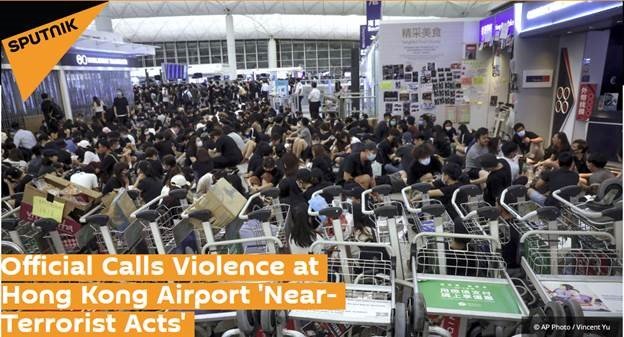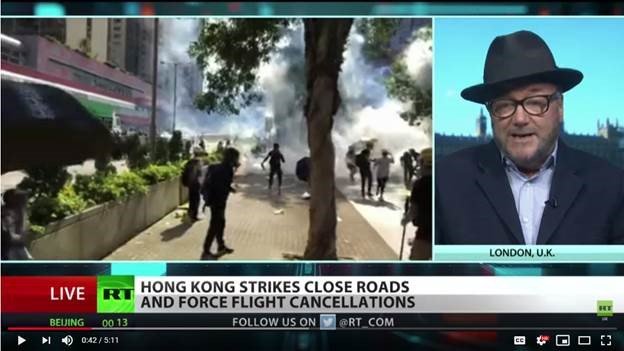
China's engagement with Europe has increased significantly over the past decade.
In a new feature video, @rosenbergerlm and @Julie_C_Smith lay out China's toolkit and explain what Europe can do to address this threat and protect democracy.
In a new feature video, @rosenbergerlm and @Julie_C_Smith lay out China's toolkit and explain what Europe can do to address this threat and protect democracy.
China has increasingly engaged with Europe on a people-to-people basis and on social media, but the biggest change revolves around Chinese investment, @Julie_C_Smith explains. Over 670 Chinese & Hong Kong-based entities w/ ties to mainland China invested in Europe from 2008-2018.
Why does it matter? Europe is a key area in the Chinese Communist Party's efforts to expand its influence globally and to reshape global norms in its own image, @rosenbergerlm says. It seeks to divide Europe from within and to divide the US from Europe to weaken its competitors.
What should be done to counter China's influence in Europe? @rosenbergerlm explains that we need to see China's big picture strategy, put democratic principles first, and build resilience.
"We think this matters because democracy and our way of life are at stake," she says.
"We think this matters because democracy and our way of life are at stake," she says.
• • •
Missing some Tweet in this thread? You can try to
force a refresh












